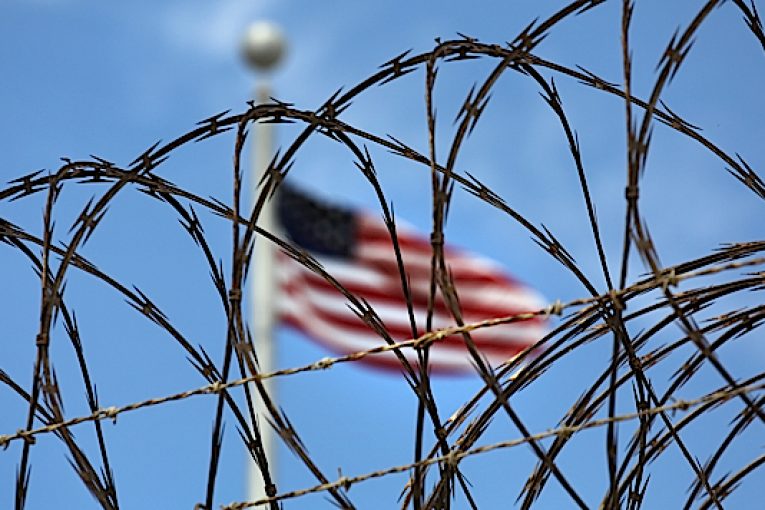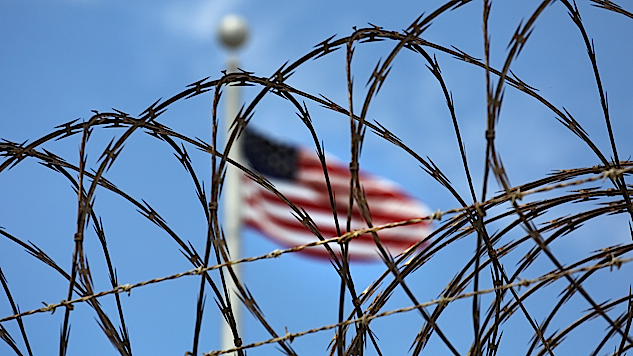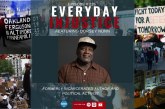

By Noa Prados
California voters approved Proposition 17 during the 2020 election, giving individuals currently on parole for past felony convictions their right to vote. Prior to Proposition 17 passing, the California Constitution disqualified people with felonies from voting until their imprisonment and parole were completed.
Individuals convicted of felonies who are on parole are now allowed to vote with Proposition 17, however, this does not include individuals currently imprisoned. The majority of the support for Proposition 17 rooted from the Democratic Party of California, as well as several other organizations such as ACLU of California and the Democratic Socialists of America, Los Angeles.
Additional supporters of Proposition 17 include California Governor Gavin Newsom, along with Secretary of State Alex Padilla and U.S. Representative Anna Enshoo.
Proposition 17 added a subheading to Section 2 of the California Constitution, stating that an elector who has been “disqualified from voting while serving a state or federal prison term … shall have their right to vote restored upon the completion of their prison term.”
Proposition 17 garnered 6,817,267 YES votes, being 59 percent of the votes for the proposition. Various fiscal impact statements were made in regard to Proposition 17, including the presence of “increased annual county costs” and “increased one-time state costs.”
The YES on 17 website argued in support of the proposition and mentioned that past incarcerated persons who have returned home who are raising families and operating within society should be encouraged to do so. Previously imprisoned persons should not face voter discrimination in the manner that has been present prior to the approval of Proposition 17.
With Proposition 17’s approval, Californians who have returned home from a prison sentence would no longer be excluded from society, but should be instead encouraged and welcomed to re-enter society. They would have a say in regards to what goes on within their community.
The website discusses several societal issues that made Proposition 17 utterly important for society in California. It is mentioned that bias towards the less wealthy and people of color causes them to face prejudice due to additional bias within the criminal justice system. Democracy is at its strongest point when the forces acting within make sure that democracy is fair and inclusive.
The actions proposed by Proposition 17 root back to the 1800s. The YES on 17 website mentions that with the passage of Jim Crow laws, bans on the right to vote for people with past convictions was reinforced with the presence of racial discrimination. Californian citizens who served their time in prison and were released on parole may have a felony conviction, yet this does not mean they are no longer a citizen of California.
The California Voter Guide website mentions the argument in favor of Proposition 17, being that it would be beneficial in increasing civil engagement, which “is connected to lower rates of recidivism.”
Recidivism is a concept commonly discussed within criminal justice. It refers to the rate at which a past convicted felon returns to prison. Supporters of the proposition indicate that the purpose of parole is to serve as a source of integration for a previous convict to be reintroduced to society.
The right to vote is present within a society that operates justly and smoothly. Thus, the restoration of a person’s right to vote would assist in the removal of stigma associated with individuals with felony convictions and help strengthen their reintegration into their community.




